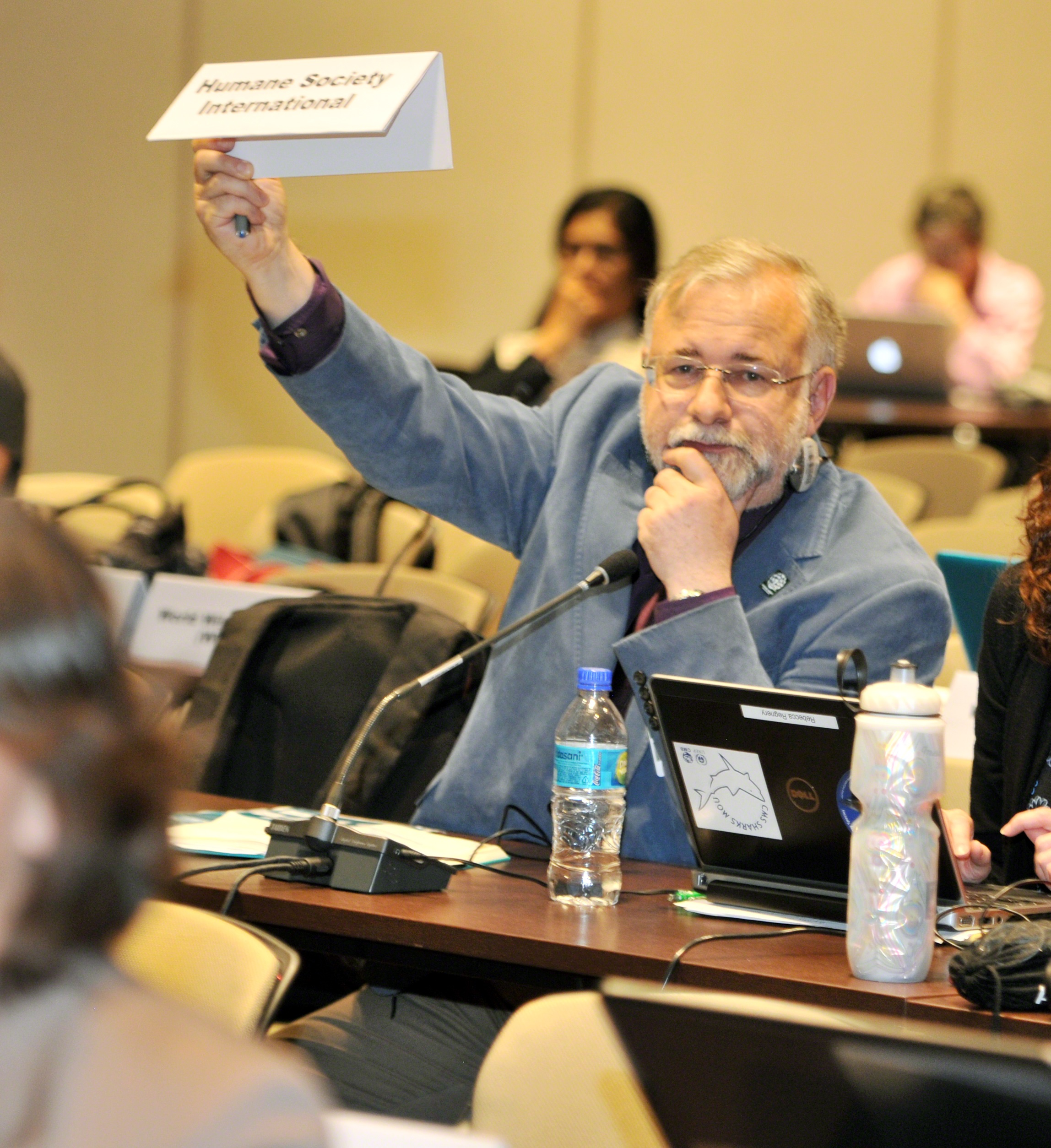November 2020
One of the best-known dolphins in the world is missing and believed dead. Fungie, the bottlenose dolphin who had lived in Dingle harbour on Ireland’s west coast since the early 1980s, rarely strayed from the harbour and therefore, sadly, death is a reasonable assumption.
In fact, Fungie had a whole dolphin watching industry built around his enduring presence, bringing visitors and wealth to the town. He was also old by dolphin standards as Sean Mannion observed in his book ‘Fungie – Ireland’s Friendly Dolphin’, written almost twenty years ago! Mannion also commented that Fungie had had ‘an extraordinary impact’, suggesting that he had indirectly helped to get Ireland’s Whale and Dolphin Sanctuary established in 1991; a visit to Fungie inspiring those in high places to approve the sanctuary.
Bottlenose dolphins are intelligent, sentient, social animals and, like other dolphins, they live more typically in groups. Yet, a well-documented and not insignificant minority of dolphins live mainly apart from their own kind and have been termed ‘solitary sociable dolphins’ by scientists. Thirty-two have been recorded around the world since 2008. Most are bottlenose dolphins like Fungie but other cetacean species show this behaviour too. Some have called them ‘ambassador dolphins’, reflecting the penchant of most of these lone cetaceans to associate with people, a behaviour that is learnt and which can change over time.
Many of these remarkable creatures occupy discrete territories, while others move from territory to territory. It is difficult to generalize as they all have their own personalities. Some have social encounters with their own kind, as distinctive teeth rake marks on their bodies evidence. Fungie had these teeth-etched signs and these encounters were probably friendly, but he never swam away with his dolphin visitors.
Perhaps the solitary sociable dolphins are unable to live in social groups for some physical or psychological reasons that we cannot see or comprehend. Whatever the causes, Fungie was unusual even among the known solitary sociable dolphins because he stayed firmly in one place for decades. He also mainly avoided the mishaps that have befallen many other such animals, often costing them their lives when they fall foul of our careless behaviour around them. Their own behaviour is sometimes risky, too, including a fascination with propellers and an inclination to linger in waters that may be polluted and busy with boats and fishing nets, all potentially lethal dangers.
Fungie enjoyed interacting with local fishing boats and the tourist tour boats whose paying customers were guaranteed a refund if he did not show, such was the reliability of his presence. Part of his legend includes stories of him leaping right across the decks of fishing boats and surprising swimmers by suddenly appearing next to them.
This summer, when Ireland first relaxed its COVID-induced lock-down, Fungie received a lot of attention, but his visitors did not know they would be saying goodbye. As the journalist Cathleeen O’Grady commented in July, “As a veteran of human contact, Fungie may offer lessons about how we can do a better job of protecting the solitary cetaceans we love so fiercely, and so badly.” And this week, the vulnerability of these solitary sociable mammals was underlined again by the news that another dolphin, ‘Danny’, living off Dorset since 2018, had been killed by a boat strike. This is both a personal loss to those who knew him, and to the local and visiting communities who enjoyed his presence.
Solitary sociable dolphins are very special, and their protection calls for us to recognize them as individuals and to control our actions around them with the greatest care. There are four simple ways in which we can all take Dolphin CARE:
• Choose not to disturb or otherwise interact with the dolphin.
• Alert the authorities if necessary.
• Respect the dolphin.
• Enjoy watching from a distance.
Fungie will live long in our memory. There is a shiny bronze statue of him near the harbour in Dingle. He was the spirit of the little town for a remarkable 36 years, outliving some of his special human friends, and he will be mourned. The search parties that have been out looking for him have now been called off. It may even be a blessing if his body is never found to spoil the legend that he is swimming somewhere still. I certainly hope that his spirit lives on in those who saw him and enjoyed the unforced company of this remarkable ambassador of the sea. I hope that those who saw him will be motivated to act to protect his kind and the wild places he represented.
Mark Simmonds OBE is Senior Marine Scientist for Humane Society International and Chair of the Link Whales Working Group
The opinions expressed in this blog are the author's and not necessarily those of the wider Link membership.




Latest Blog Posts